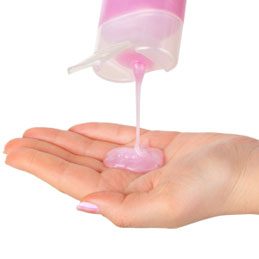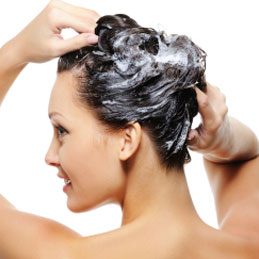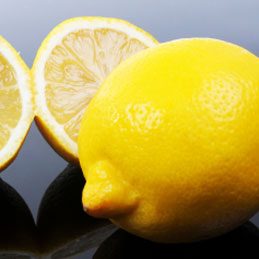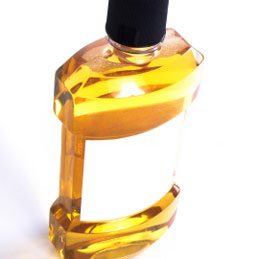
Shampoo for Oily Hair
Select a shampoo that’s high in sodium lauryl sulfate and low in any kind of conditioners such as lanolin. What you want are clarifying shampoos that tend to strip oil from the scalp and the hair shaft. Even if you don’t have dandruff, you might get good results with a dandruff shampoo that contains coal tar. The formulas used for dandruff shampoos tend to dry out even the oiliest hair.

How to Wash Oily Hair
It may seem obvious that you need to shampoo every day. But beyond that, you should shampoo twice every time you take a shower. Lather up, leave the shampoo on your hair for several minutes (that gives it time to remove the oil), rinse thoroughly, then repeat. Even on the second round, leave the shampoo in your hair for a few minutes before you rinse.

Home Remedies for Oily Hair
Rinsing your hair with water is fine, but you’ll get even better results if you use a strong rosemary tea. Wonderfully aromatic, this herb contains essential oils that help control overproduction of oil on the scalp. To make the rinse, pour 1 cup boiling water over 2 tablespoons dried rosemary. Steep for 20 minutes, strain, cool, and pour into an empty plastic bottle. Keep the bottle in the shower and splash your hair with the tea after each shampoo. As long as the fragrance agrees with you, there’s no need to rinse away the tea.
Make a lemon juice rinse. Blend juice from 2 lemons into 2 cups of distilled water and pour into an empty shampoo bottle. After you shower, blot your hair dry and apply the mixture to your scalp. Leave it on 5 minutes, allowing the acidic lemon juice to work on the oil. Then rinse with cool water.
Vinegar, which is also acidic, can de-slick your hair too. Mix 1 cup vinegar with 1 cup water, then pour over your hair as a final rinse. Concerned about smelling like a salad? Don’t worry, the smell will quickly fade.

Try Using Mouthwash
If your hair is extremely oily, you can mix a solution that will help slow your scalp’s production of sebum. In a small cup, mix equal parts witch hazel with any commercial mouthwash. Both ingredients are astringents, which means they help tighten skin pores as they dry. Dip a cotton swab in the solution, then dab the swab on your scalp (not your hair) after you finish shampooing and rinsing.